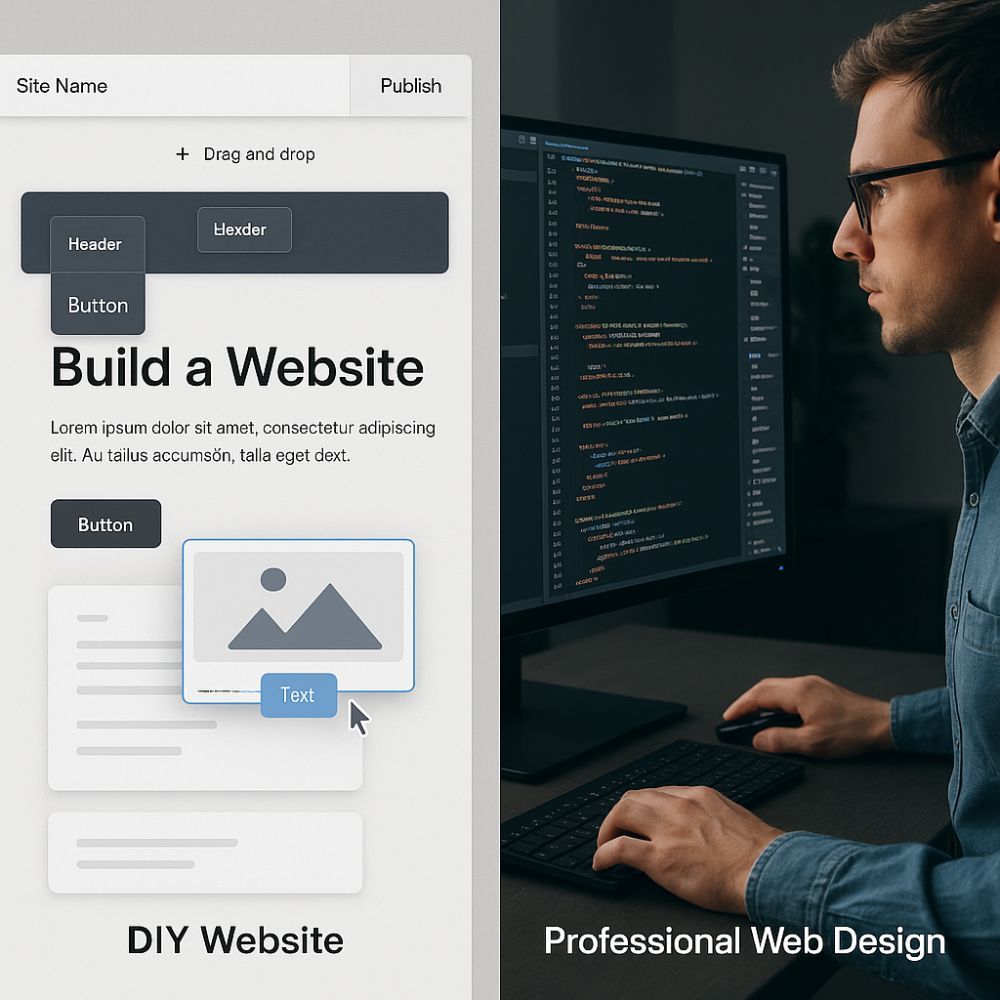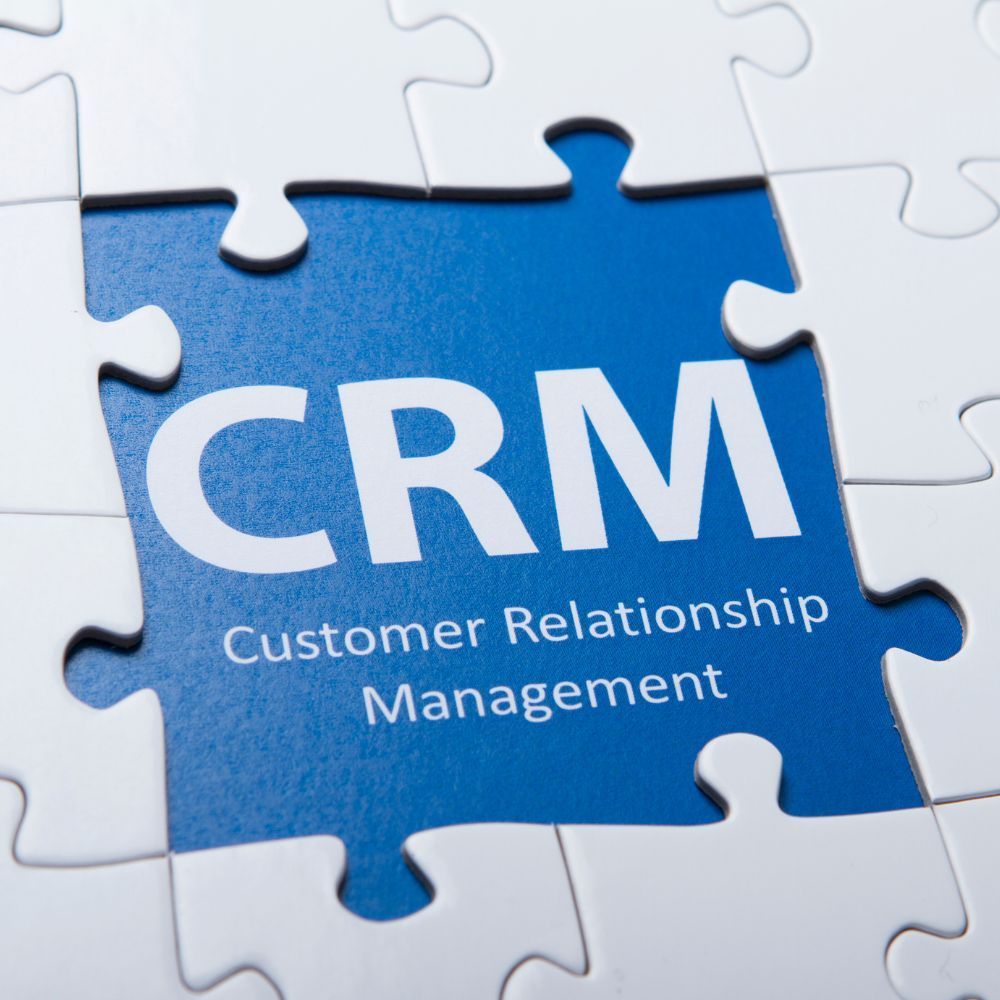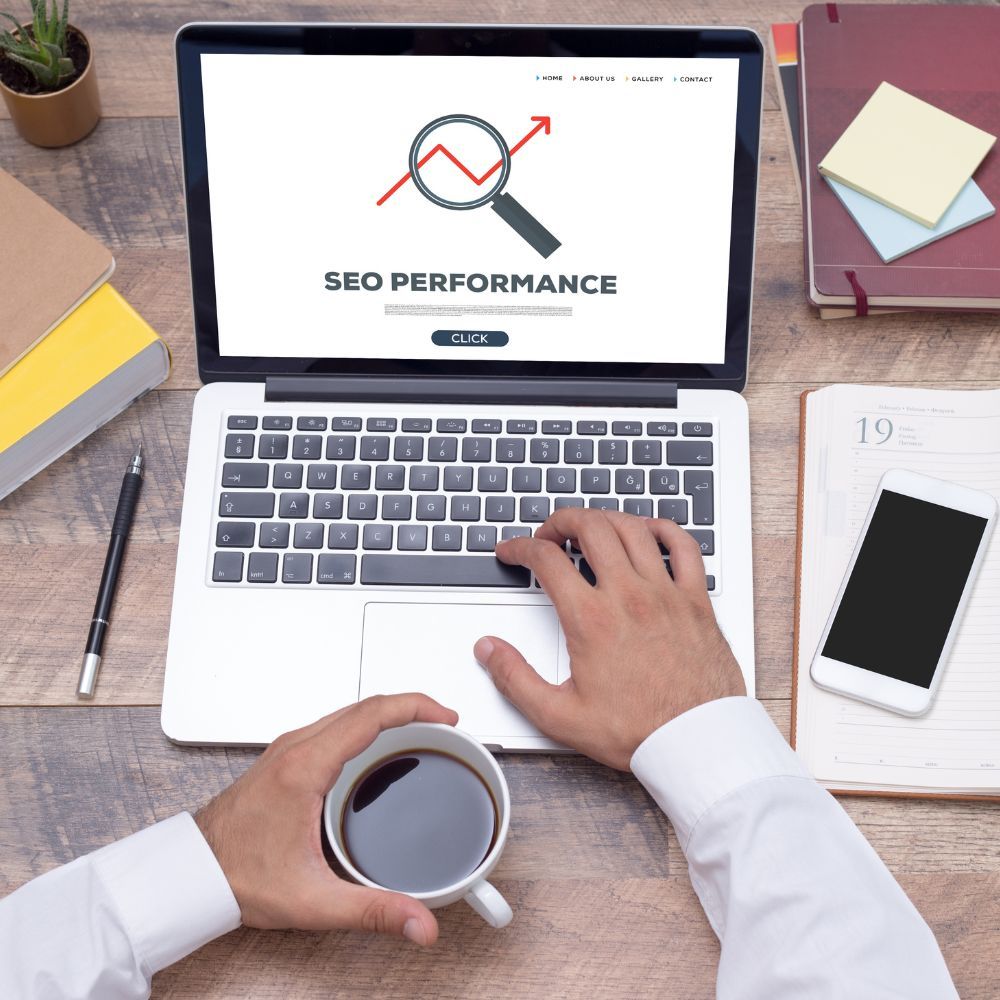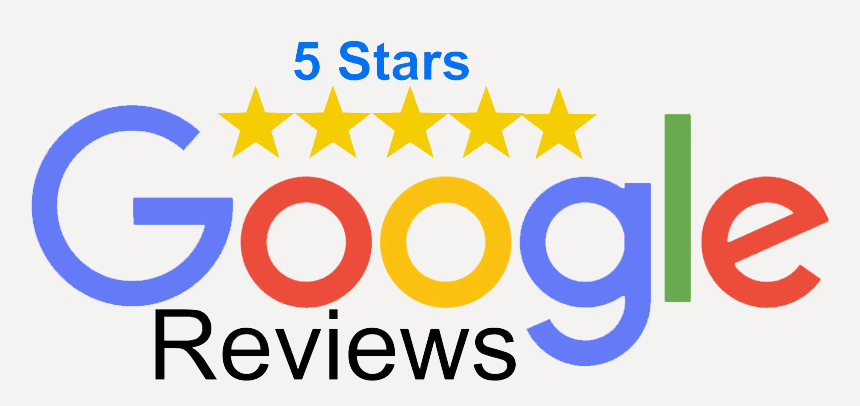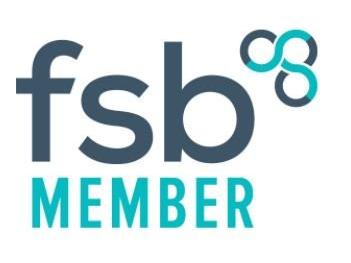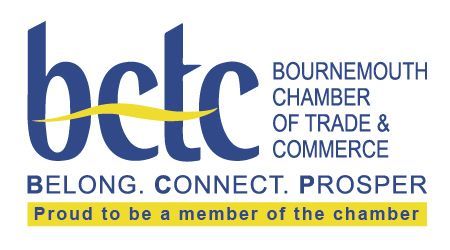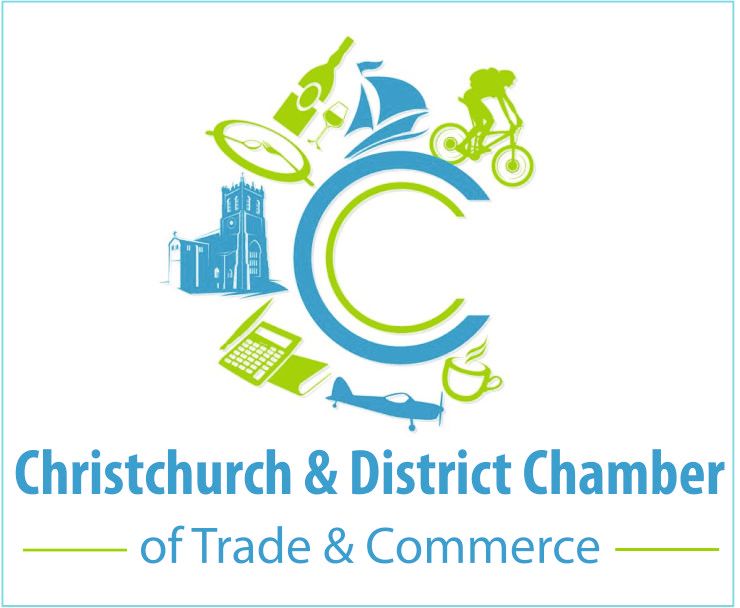Your Perfect Customer
Are You Leaving Money on the Table?

10 Questions to ask when building your perfect customer avatar!
1. Age – Whilst your product or service might be for a particular age group, but not necessarily bought by them e.g. children’s toys.
2. Gender – Remember the person who purchases from you may not actually be the one who is making the final decision!
3. Location – focussing on a specific area will make your marketing activities much more effective. Why have the hassle of dealing with someone hundreds of miles away if you can’t deliver your goods easily when you could be speaking to someone in your hometown?
4. Education – People process information differently. Their education goes a long way to understanding the most appropriate language to use. Understanding your customers' intellect will help you communicate with them at the right level. However, jargon should be avoided at all costs.
5. Income – This may seem obvious but how much money someone earns has will obviously influence what they buy. This is as true for business to business sales as it is for business to consumer.
6. Interests – Knowing what someone is interested in is immensely important as it allows you to engage with them more effectively. It also allows you to identify the correct channels to communicate in. Think about every aspect of their life, what TV shows, books, sports, food, and music, etc
7. Challenges - What challenges do they face. Is it financial worries, lack of time, health issues, an insecure future, or a lack of knowledge? How does your product help to address these challenges? Work this out and money becomes a secondary factor.
8. Motivations – This is a big one. Don’t think just about why they will buy your product. Think about what drives them and makes them get out of bed in the morning. Now think about how your product or service helps them work towards those goals. This should be the constant message that you convey with your marketing.
9. How do they buy? There are lots of factors to consider here and no hard and fast rules. People buy and consume different products and services differently. Age, product, location, online or in person are all factors to consider.
10. How do they make decisions? What criteria do they use and what priority do they give the different criteria. Is cost the most important factor or is it customer service? Do they value high quality or is its value. You need to know what it is that makes people choose to do business with you.
Conclusion
With a detailed customer avatar, you can make your marketing a lot more effective Instead of talking to ‘everyone’ you can talk to your perfect customer. What’s more, you will be able to address them in the most appropriate language and in the channels they most commonly use.
When building your perfect customer avatar don’t just rely on your instinct, make sure you get as many different informed opinions as possible.
Building you perfect will pay dividends, in making your marketing efforts much more effective, saving you time and bringing in more customers and revenue for your business. However building the Perfect Customer Avatar isn't as easy as it may sound. If you need any help please get in touch and we will be happy to help.
You can also download a free Customer Avatar template from our website.





